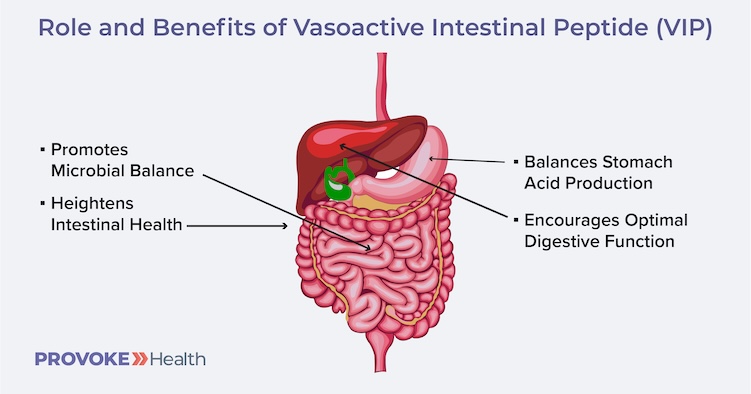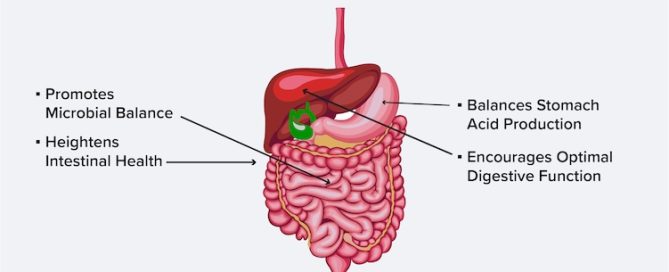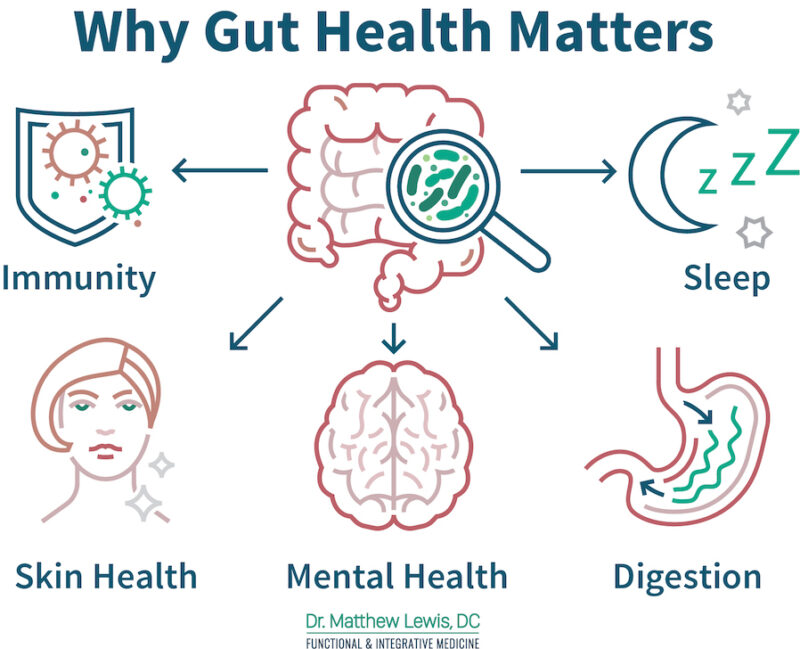Welcome Part Two in my series on gastrointestinal (gut) health and function. In Part One, I covered several ways that the gut supports overall health, explained common factors that can impair gut health and function, and described obvious and not-so-obvious symptoms that can arise when gut health is compromised. In this part, I turn my focus to testing for gut dysfunction and restoring and optimizing gut health and function.

Testing to Rule Out or Confirm and Identify Gut Issues
Based on our initial consultation and examination, I may suspect that the health issues you are experiencing are related to your digestive system. However, testing is required to confirm any suspicion I may have (or rule it out) and to identify more precisely what is going on. If I suspect that gut dysfunction may be at the root of your symptoms, I will recommend one or more of the following tests:
- GI Map Stool: This comprehensive study of bacteria, viruses, parasites, and digestive function checks for leaky gut, inflammatory bowel disease, gluten sensitivity, blood loss, and pancreatic enzymes.
- Microbial Organic Acids Test (MOAT): This urine test checks for overgrowth of potentially harmful bacteria and yeasts, levels of beneficial bacteria, and metabolic issues. Organic acids are metabolic intermediates involved in several processes, including energy production, detoxification, and the breakdown of neurotransmitters. Levels of specific organic acids serve as valuable indicators of digestive function.
- SIBO Breath Test: This test measures gases produced by bacteria in the small intestine. Results can help identify a bacterial overgrowth.
- Abdominal/Liver Sonogram: This exam is often used to check for fatty liver, which can disrupt metabolism and detoxification pathways. Results reveal any signs of inflammation or indications of any blockage of bile flow from the gallbladder. Based on the results, I may refer you to a gastroenterologist for an endoscopy or colonoscopy and follow-up treatment.
- Pelvic Sonogram: This exam may reveal uterine fibroids or cysts that can cause abdominal discomfort, pain, and altered digestion. If I think a transvaginal sonogram is required, I will refer you to a gynecologist.
I may also recommend the elimination of certain inflammatory foods from the diet, such as dairy, sugary foods or beverages, alcohol, fried foods, or refined carbohydrates to determine whether certain foods or classes of foods trigger or worsen symptoms.
Targeting the Three Factors That Impact Gut Health and Function
Gut health is complex but can best be understood by examining the following three factors that play a pivotal role in gut health and function: Continue reading…






